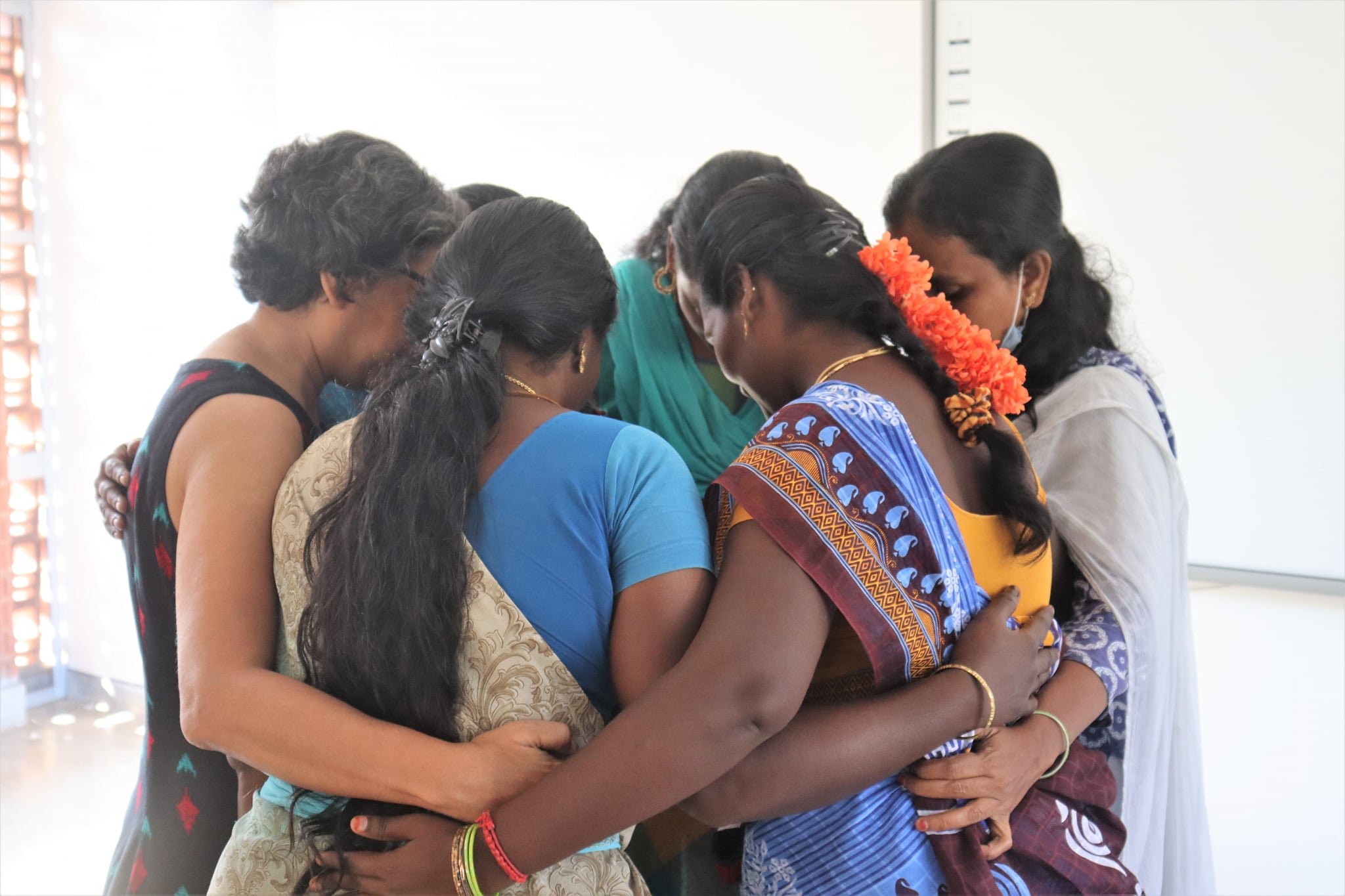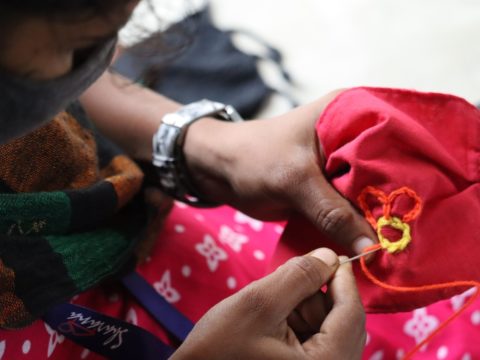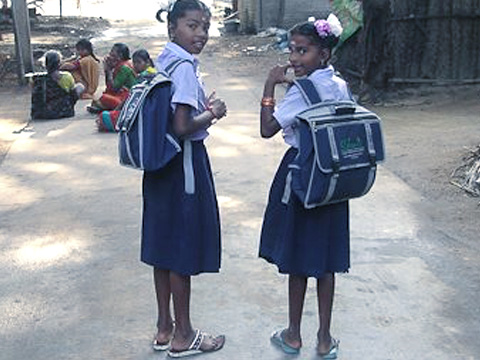-Penned by Communications Intern Tanay Kagal-
Those who face the greatest disadvantages are also at highest risk of being mentally ill. However, accessibility of mental health awareness and treatments is limited for the economically disadvantaged. Ms Geeta Bhansali, workshop facilitator, came up with the project ‘Seeds of Wellbeing’ with the aim of helping people become anchored in their own ‘Wellbeing practice’.
‘Seeds of Wellbeing’ consists of simple de-stressing techniques that can be incorporated in our daily routine. The idea is to create an ecosystem of wellbeing- at an individual level or across levels in a group or an organisation.
Ms. Geeta Bhansali conducted two ‘Seeds of Wellbeing’ training sessions for 10 women over two days (5th and 6th of April) in the Sharana Social Centre. They attended this session along with a team of 5 women from Sharana’s team.
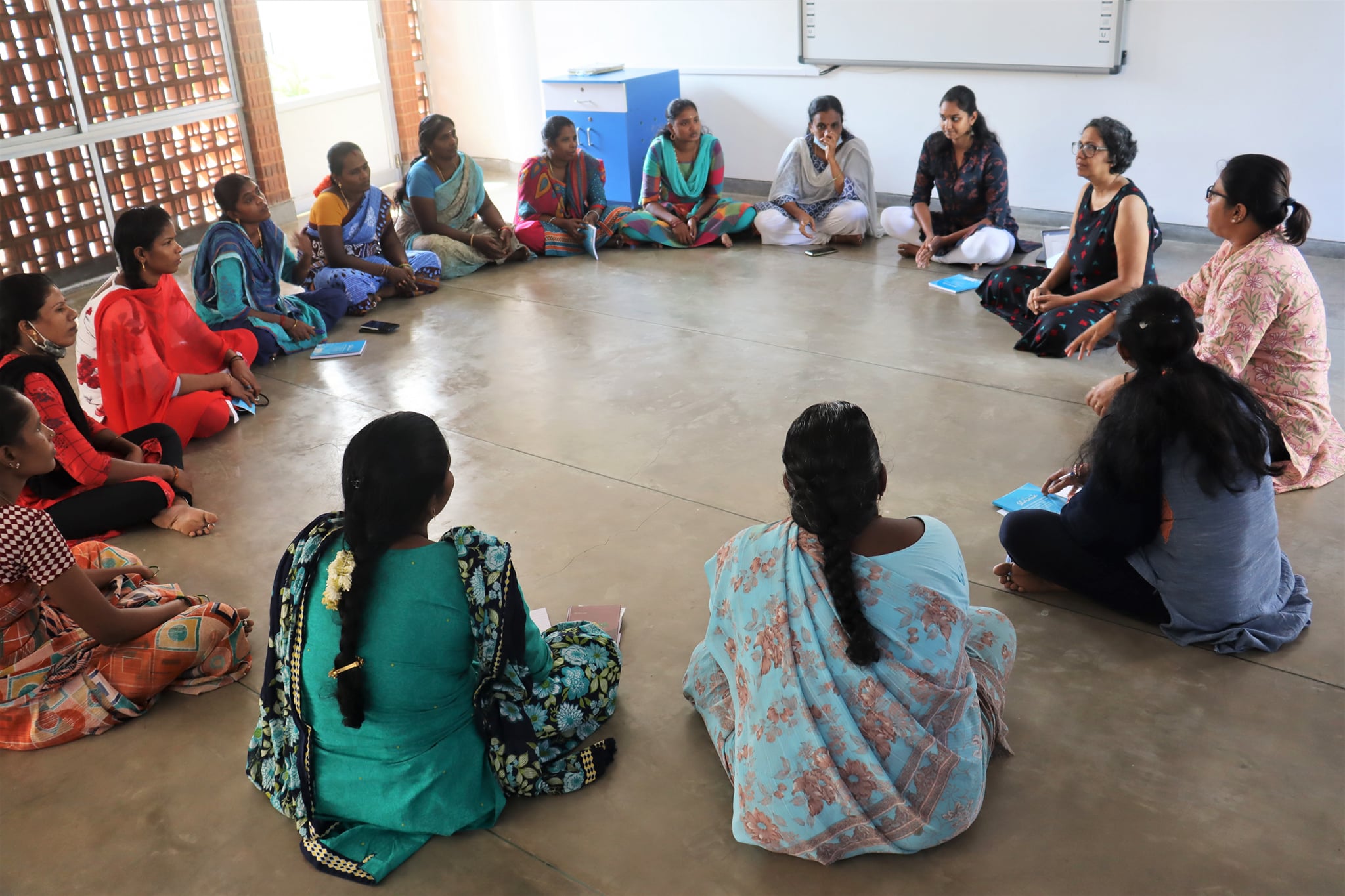 These 10 women were carefully chosen by our Social Workers to become ‘influencers’ in their respective communities. An ‘influencer’ is a person who learns all the SoW techniques and teaches other women these practices, and also acts as their support system. During the first session, the women decided that they would like to be called ‘Shubhams’ instead of ‘influencers’.
These 10 women were carefully chosen by our Social Workers to become ‘influencers’ in their respective communities. An ‘influencer’ is a person who learns all the SoW techniques and teaches other women these practices, and also acts as their support system. During the first session, the women decided that they would like to be called ‘Shubhams’ instead of ‘influencers’.
Over the course of two days, the ‘Shubhams’ were shown 17 Seeds of Wellbeing techniques. Here are a few examples:
-Happy – Saying ‘I am happy, you are happy’ while physically doing the movement of passing it on.
-Throw away – This technique too has 3 steps: 1. Tearing paper while shouting their problems and worries 2. Pushing the wall while saying ‘Go problem! Go away!’ 3. Inhaling and exhaling while humming 5 times.
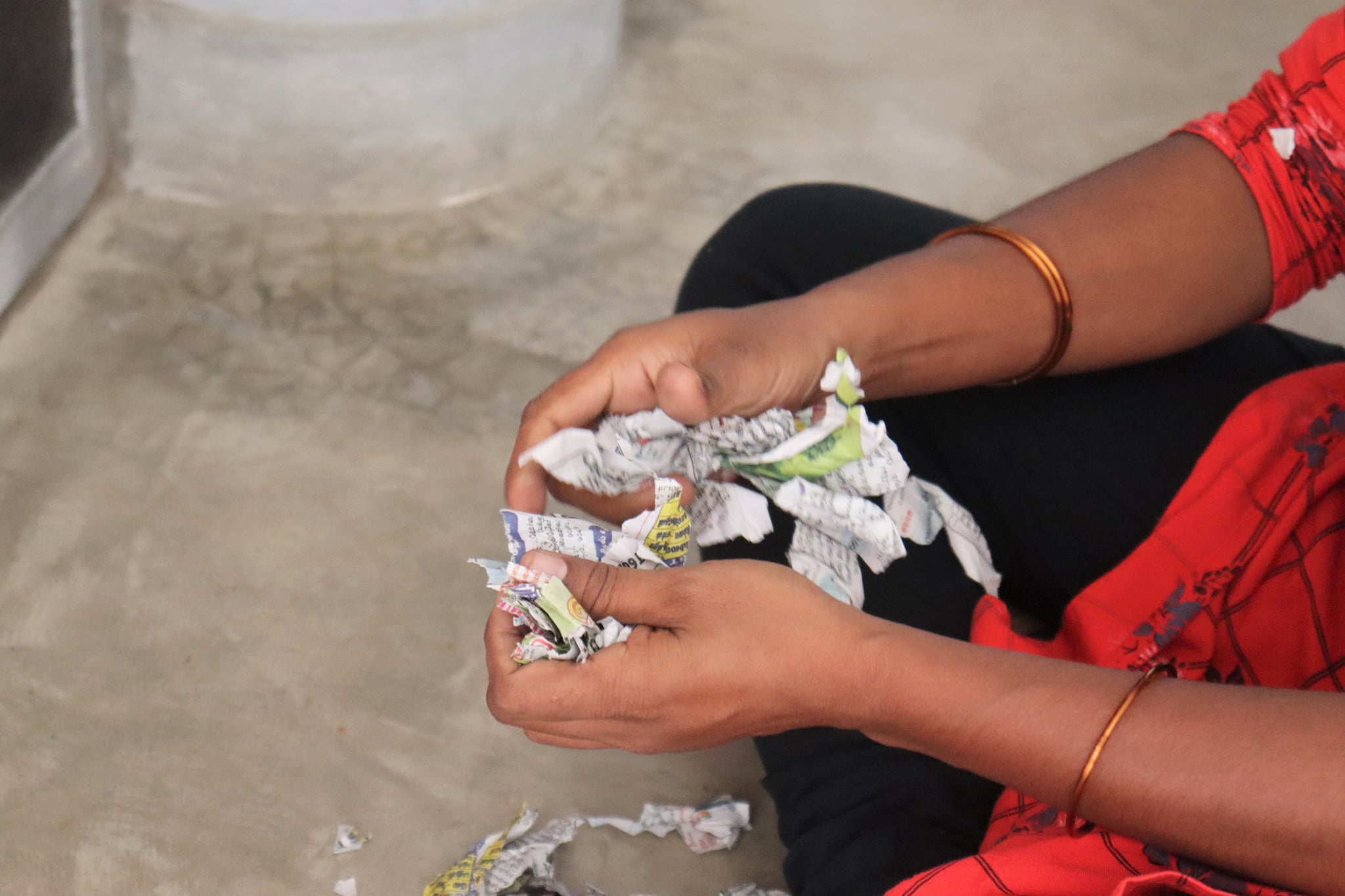 -Mirror – Talking to yourself in the mirror and sharing all your problems with yourself and ending with an “I love you (your name)’.
-Mirror – Talking to yourself in the mirror and sharing all your problems with yourself and ending with an “I love you (your name)’.
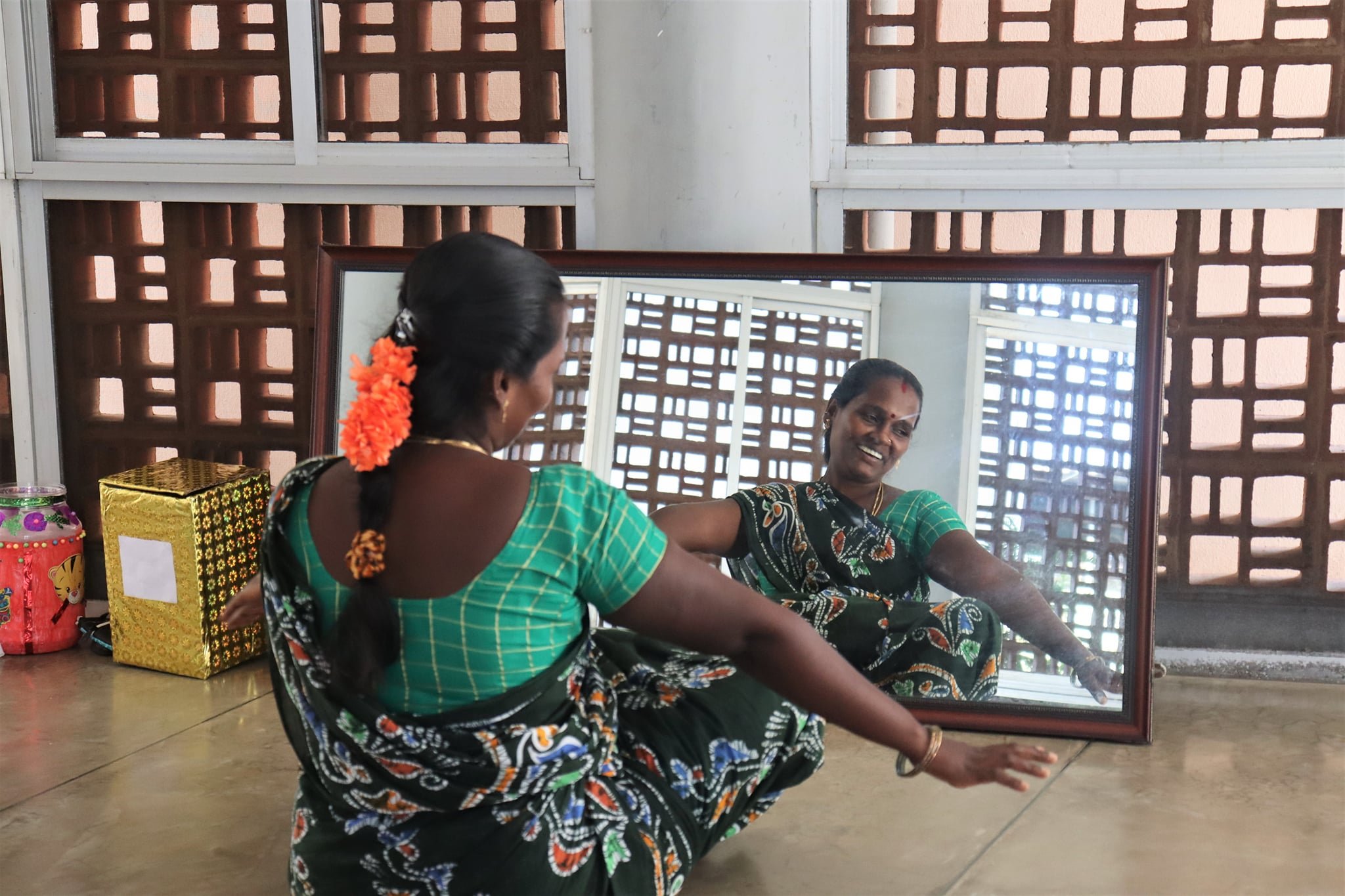 The women were initially shy but seeing the social workers, who they have a close bond with, participate in the activities made them open up. Some of them were unable to hold back their tears during a few exercises.
The women were initially shy but seeing the social workers, who they have a close bond with, participate in the activities made them open up. Some of them were unable to hold back their tears during a few exercises.
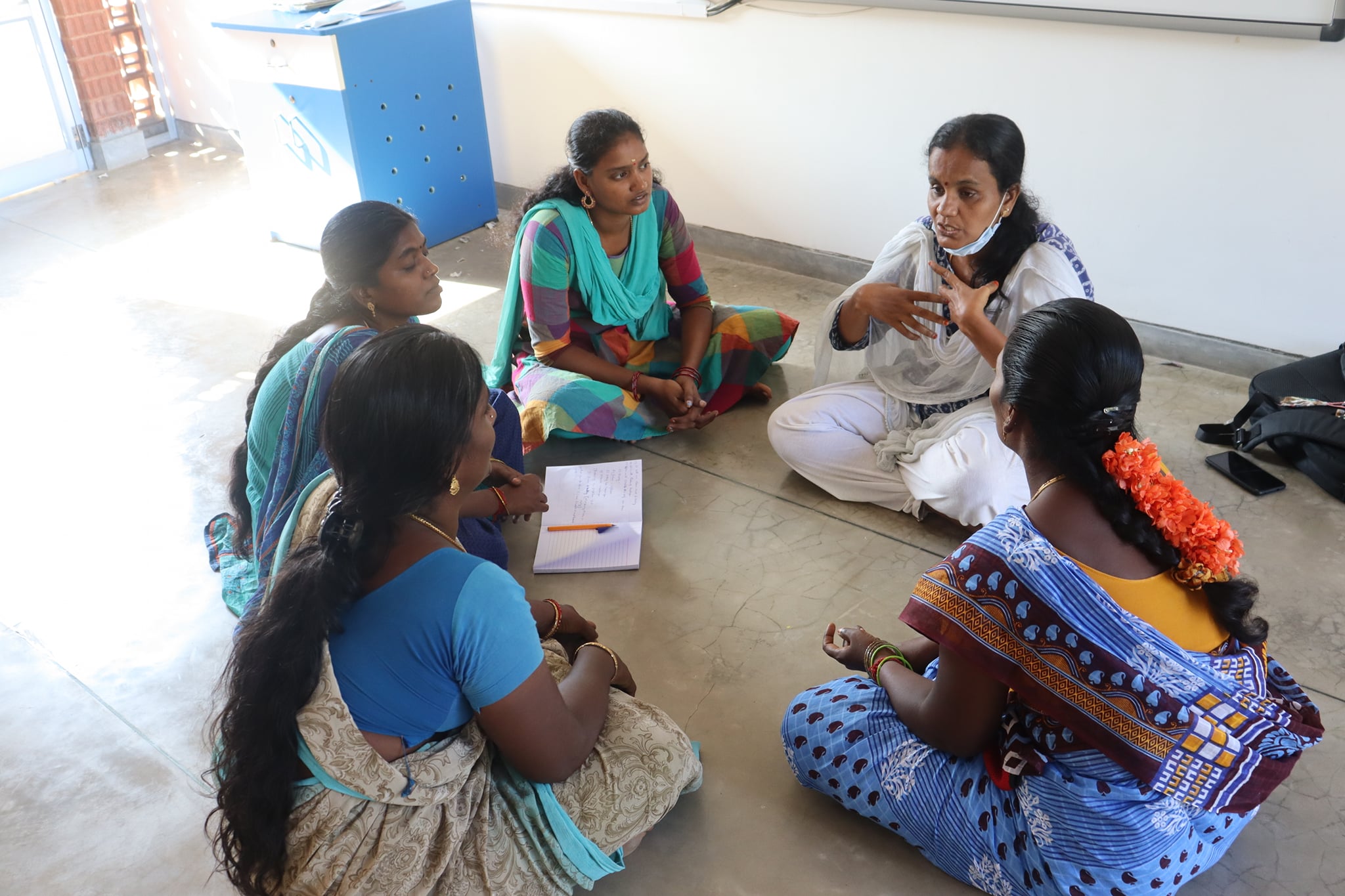 The women enjoyed the sessions and left feeling better than they did coming in. They felt good having spent time away from the difficult environments they live in, and with other women in similar situations.
The women enjoyed the sessions and left feeling better than they did coming in. They felt good having spent time away from the difficult environments they live in, and with other women in similar situations.
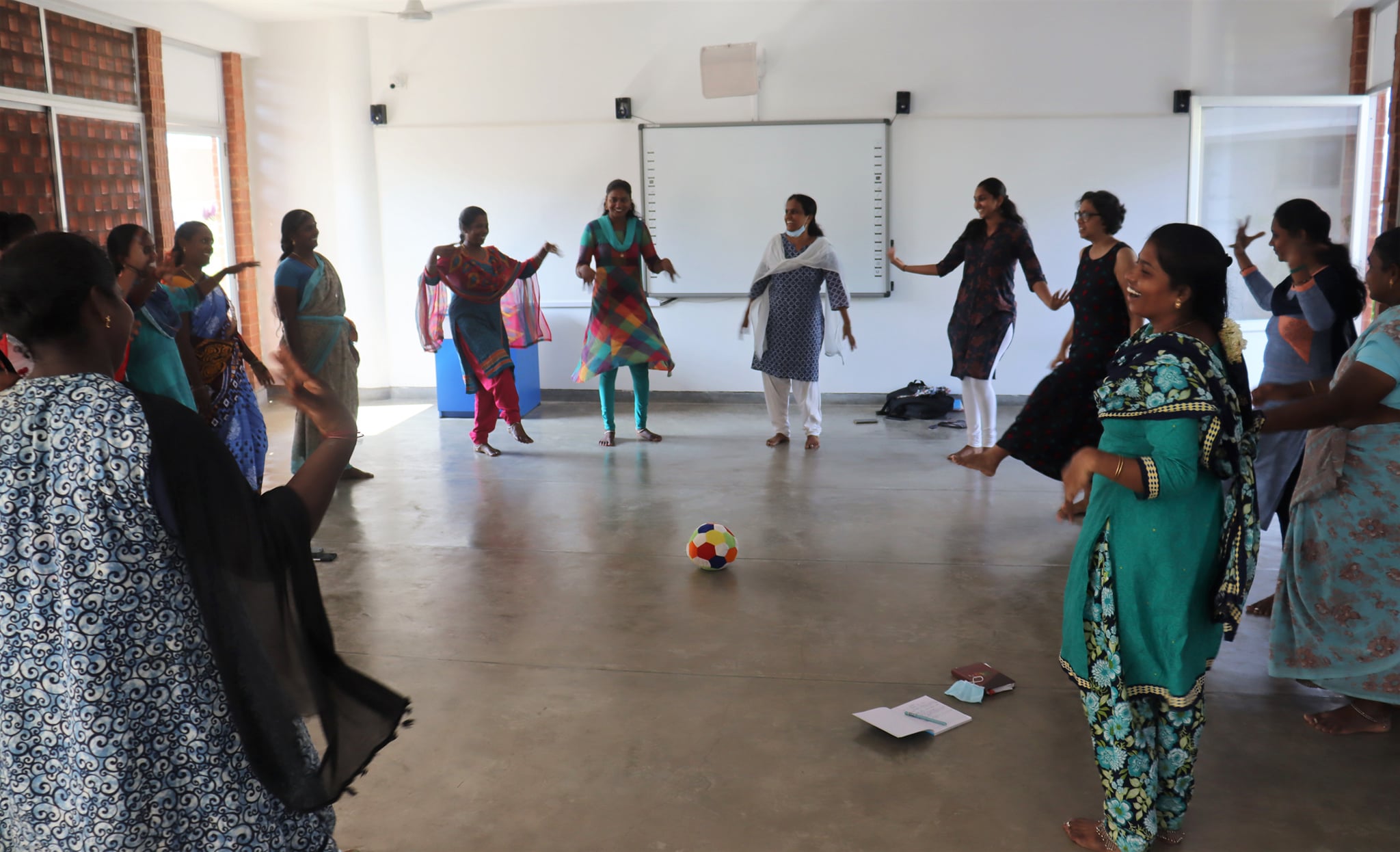 During the past months, our women social workers have regularly followed up with the ‘Shubhams’ on their work in their respective communities. In the next blog, we will talk more about the work done so far since the workshop.
During the past months, our women social workers have regularly followed up with the ‘Shubhams’ on their work in their respective communities. In the next blog, we will talk more about the work done so far since the workshop.
